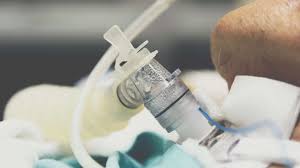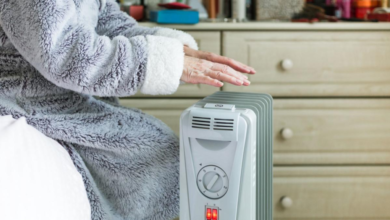Comprehensive Guide to Healthcare Training with a Focus on Stoma Care

Healthcare training is an essential aspect of medical services that ensures professionals are well-prepared to meet the varying needs of patients effectively. Among various specialized training programs, stoma care training stands out due to its critical role in enhancing the quality of life for patients with stomas. This article explores the nuances of Healthcare training with a particular focus on stoma care.
Understanding Healthcare Training
Healthcare training encompasses a broad spectrum of educational programs designed to equip healthcare professionals with the necessary skills to perform their duties. This includes foundational knowledge, specialized skills, and ongoing education to keep up with the latest advancements in medicine and patient care.
Types of Healthcare Training Programs
Healthcare training varies widely, ranging from basic life support (BLS) and advanced cardiovascular life support (ACLS) to more specialized areas like stoma care training. Each program is tailored to address the specific needs of different patient groups and medical conditions.
The Essentials of Stoma Care Training
Stoma care is a specialized area of healthcare that requires specific skills and knowledge due to the sensitive nature of stoma management and the unique needs of patients.
What is Stoma Care?
Stoma care involves the management and support of a surgically created opening in the body (stoma) for the discharge of body wastes. It is a critical area of care for patients who have undergone ostomy surgery, often due to conditions like cancer, inflammatory bowel disease, or trauma.
Key Components of Stoma Care Training
Stoma care training covers various essential aspects, from the correct application of stoma appliances to understanding the emotional and psychological support patients may need.
Practical Skills in Stoma Care
This includes hands-on training in applying, maintaining, and troubleshooting stoma appliances and equipment, which are crucial for preventing complications and enhancing patient comfort.
Understanding Stoma Equipment
A thorough understanding of the different types of stoma bags, barriers, and other supplies is vital for effective stoma management. This training ensures that healthcare professionals can recommend and use the appropriate equipment for each patient’s needs.
Importance of Specialized Training in Healthcare
Specialized training programs like those for stoma care are vital for delivering high-quality healthcare.
Benefits of Specialized Training for Professionals
For healthcare providers, specialized training means improved competency, reduced error rates, and enhanced job satisfaction due to better patient outcomes.
Benefits for Patients
From a patient’s perspective, specialized training assures them of receiving knowledgeable, empathetic, and efficient care, which can significantly impact their recovery and quality of life.
Implementing Effective Stoma Care Training
Creating an effective Stoma care training program requires an understanding of educational best practices and the specific needs of stoma care professionals and patients.
Best Practices in Stoma Care Training
Best practices include a combination of theoretical knowledge and practical experience, regular updates to the curriculum based on the latest research and medical guidelines, and access to mentorship and peer support networks.
Challenges in Stoma Care Training
Challenges may include keeping up with rapid advancements in medical technology, managing resource limitations, and addressing the diverse learning needs of adult learners.
Future Trends in Healthcare Training
Emerging trends in healthcare training include the integration of technology such as virtual reality and simulation-based training, which are expected to enhance learning experiences and outcomes.
Conclusion
Healthcare and stoma care training are indispensable components of the medical field, ensuring that professionals can provide the best possible care to patients. The continuous evolution of training programs is essential to meet the demands of modern healthcare.



